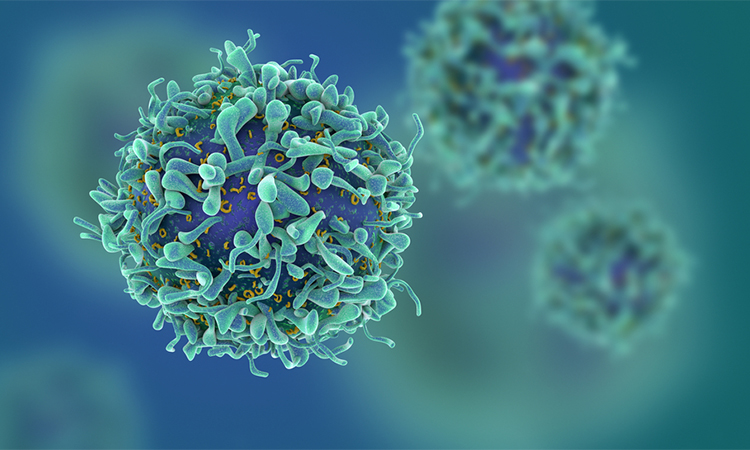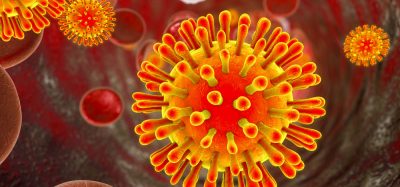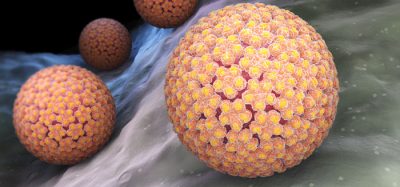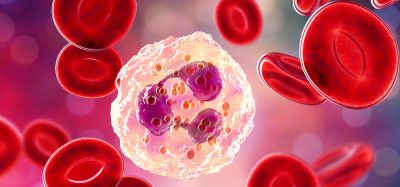How T cells migrate from the tissue to the lymph nodes
Posted: 25 August 2022 | Ria Kakkad (Drug Target Review) | No comments yet
Scientists have found that unconventional T cells migrate from tissue into the lymph nodes and influence immune responses there.

The human body contains 600 to 800 lymph nodes, which are specialised organs that trigger immune responses. To be informed about infections in the body, lymph nodes are connected to the individual organs via lymph vessels. From the organs, the lymph vessels transport fluids and dendritic cells to the lymph nodes. Researchers from the from Julius-Maximilians-Universität (JMU) Würzburg, Germany have discovered that dendritic cells are not solely responsible for this flow of information—in their study, they found that unconventional T cells also continuously migrate from the tissue into the lymph nodes and influence the immune responses there.
The team used lymph nodes transportation, single-cell RNA sequencing, spectral flow cytometry and a mouse model for photo labelling. According to the report, that was recently published in Immunity, the tissue-derived unconventional T cells migrate through the lymphatic route to locally draining lymph nodes. Furthermore, the researchers found that “as each tissue harboured a distinct spectrum of unconventional T cells with locally adapted differentiation states and distinct T cell receptor repertoires, every draining lymph node was thus populated by a distinctive tissue-determined mix of these lymphocytes.”
In the report, the researchers also explained, “by using single unconventional T cell lineage-deficient mouse models, they found that unconventional T cells functionally cooperated in interconnected units and generated and shaped characteristic innate and adaptive immune responses that differed between lymph nodes that drained distinct tissues. Therefore, lymphatic migration of unconventional T cells is a key determinant of site-specific immunity initiated in different lymph nodes with possible implications for vaccination strategies and immunotherapeutic approaches.”
Related topics
Immunotherapy, Oncology, T cells
Related organisations
Julius-Maximilians-Universität (JMU) Würzburg






